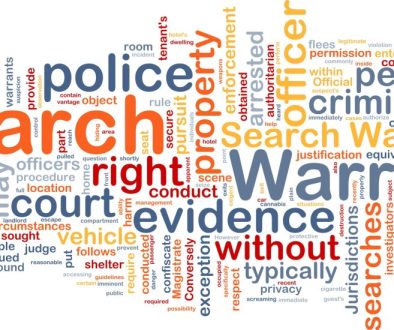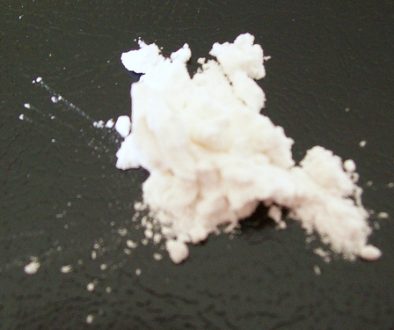Criminal Conspiracy, Narcotics and Drugs in Pennsylvania and New Jersey
Our criminal defense law firm represents individuals charged with a variety of drug crimes in Pennsylvania and New Jersey. The severity of these crimes range by the substance (heroin, crack cocaine, crystal meth, marijuana) involved and the amount in question. Drug crimes in Pennsylvania, for example, can range in an offense gravity score of as low as 6 to one as high as 13 where the sentencing guidelines are 5-10 years; even if you have no prior criminal history. In a situation where a person is accused of possession with the intent to distribute (PWID) over a kilogram of heroin or another Schedule I or Schedule II narcotic an accused person therefore faces a long state prison sentence.
New Jersey has very similar guidelines where drug crimes can range from indictable offenses of the first degree to as low as disorderly persons offenses. While the illegal sale of drugs is obviously a crime, so is the inchoate offense of criminal conspiracy. Inchoate crimes also include criminal attempt and criminal solicitation.
What is an inchoate offense?
An inchoate offense is one that pertains to the steps taken toward the commission of a crime with the step, in and of itself, conspiracy for instance, being enough to constitute a crime. A person is guilty of criminal conspiracy if he or she acts with another person with the intent to commit a crime. To be guilty of conspiracy, the prosecution must prove that the person agreed with another to engage in conduct which constituted a crime or attempted to engage in conduct. Conspiracy is also committed if a person agrees to aid another in the commission or planning to commit a crime.
What is required to prove criminal conspiracy?
To prove conspiracy the prosecution must establish the following
1. An agreement to commit a crime or providing aid to commit a crime,
2. Share criminal intent,
3. An overt act done in furtherance of the conspiracy. If a person is charged with conspiracy the criminal defense attorney should focus on the following issues:
- The agreement
- The number of co-conspirators
- The overt act
- The duration
- The sufficiency of evidence
- Possible renunciations
The Elements of Criminal Conspiracy
With regards to agreement the prosecution must prove beyond a reasonable doubt that there was an agreement between co-conspirators. To prove agreement the district attorney or prosecutor does not need to show an explicit or formal understanding (direct evidence) but must show more than mere association or mere presence. A judge or jury can find conspiracy through a defendant’s relation, conduct, or circumstances of the party (circumstantial evidence). Mere association or presence at the scene of the crime is insufficient to establish conspiracy. With regards to co-conspirators, it is important to understand that one defendant can be convicted of conspiracy even if an alleged co-conspirator is acquitted. Further, it is not necessary to try both defendants at the same trial, but it is possible to find one guilty and the other not guilty and still convict that guilty person of conspiracy.
The overt act does not need to be a crime in and of itself but only an action that furthers the completion of a crime or an attempt to complete a crime. Very often a prosecutor or district attorney will ask a court to find conspiracy based on mere association without any more evidence.
Penalties for Criminal Conspiracy Convictions
If you are arrested, charged, and found guilty of criminal conspiracy you are subject to the same penalties as the principle actor. While one of the most common conspiracy charges pertains to the illegal sale of drugs or narcotics, our criminal defense law firm has also represented individuals charged with conspiracy related to robberies, burglary, and thefts. Further, conspiracy does not merge with the principle act for the purpose of sentencing. Merger is the legal concept that basically means a person cannot be sentenced to an additional penalty (jail time or probation) for a crime that is a lesser included offense for a more serious crime.
For more information on criminal conspiracies and other inchoate offenses please contact our law firm to discuss your case.
Contact Our Criminal Defense Lawyers in PA & NJ
For more information on hiring our criminal defense law firm in Pennsylvania or New Jersey to defend you if you are charged with a violent felony or misdemeanor contact our office.
Please click here to contact our Philadelphia criminal defense lawyers. We offer free case reviews and serve the following areas in Pennsylvania and New Jersey, Atlantic City, Camden, Cherry Hill, Chester, Conshohocken, Doylestown, Media, Norristown, Philadelphia, Pottstown, Salem, Upper Darby, Upper Merion, Upper Providence, Vineland & Woodbury areas.



